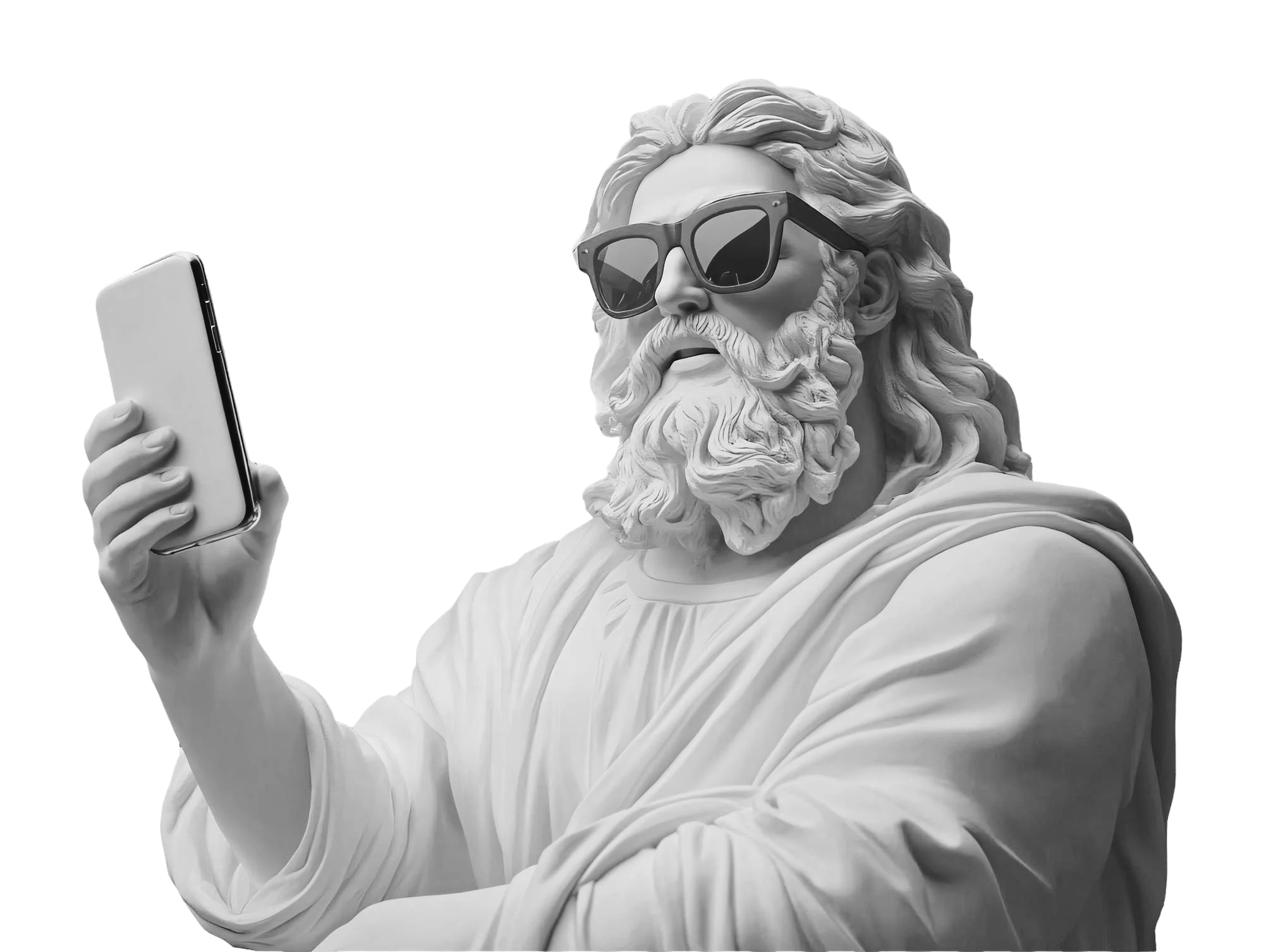Introduction
Every brand has a personality, whether it’s intentional or not. From the tone of your captions to your website layout to how your team responds in a crisis, your brand is constantly communicating who it is.
That’s where this metaphor comes in.
Imagine your brand showed up at a party.
How would it act? Who would it talk to? Would people remember it?
In this blog, we explore brand personalities through the lens of a party, helping you reflect on your voice, vibe, and strategic alignment.
1. The Life of the Party
These brands enter with a bang. Loud, bold, energetic — they grab attention without even trying. They live for campaigns that go viral and messages that spark buzz.
- Examples: Red Bull, Old Spice, Pepsi
- Takeaway: High-impact and campaign-driven, these brands thrive on momentum. But the trick is sustaining attention without exhausting your audience (or your budget).
2. The Cool Minimalist
Understated yet iconic. These brands don’t need to speak much, their presence does all the talking. Like that person who wears black, sips a drink, and somehow draws all the eyes in the room.
- Examples: Apple, Aesop, Tesla
- Takeaway: When simplicity meets confidence, it signals premium quality. Clean design and clear intent create mystique, and trust.
3. The Social Butterfly
Fun, clever, always in the mix, these brands live on social feeds and love a good meme. Their content feels like a conversation, not a campaign.
- Examples: Duolingo, Netflix, Wendy’s
- Takeaway: A sharp online personality builds community. It makes your brand feel alive, real, and worth following.
4. The Thoughtful Listener
These brands don’t just speak, they listen. They lead with empathy and values, building meaningful connections rather than just transactions.
- Examples: Dove, Airbnb, Patagonia
- Takeaway: Emotional resonance drives loyalty. When people believe in your purpose, your brand becomes part of their identity.
5. The Wild Card
Unexpected. Bold. Occasionally controversial. These brands break the rules and get away with it. Like that one guest who brings a pet snake to the party, bizarre, but unforgettable.
- Examples: Skittles, Liquid Death, Cards Against Humanity
- Takeaway: Being weird can be a strategy, but it only works if there’s method in the madness. Risk is part of the brand DNA.
What Kind of Party-Goer Is Your Brand?
Take 2 minutes and ask yourself:
- Does your brand turn heads or quietly impress?
- Is your tone playful, grounded, or mysterious?
- Do people feel spoken to, or just marketed at?
- Are you memorable, and if so, why?
Tip: Get your team to answer individually, then compare notes. It’s a great internal alignment exercise, and reveals surprising truths about brand perception.
Bonus: Brand Personality Alignment Checklist
- Do your tone, visuals, and behaviour match your intended personality?
- Does your brand persona align with your business goals?
- Do customers describe you the way you describe yourself?
- Is your personality distinctive in your industry?
- Are you consistent across touchpoints, from website to customer service?
If you hesitated on any of these, it might be time for a brand personality tune-up.
Real-World Shift: From Wallflower to Wild Card
Remember Ryanair? Once a no-frills airline, now it’s a social media sensation. Their TikToks and Twitter clapbacks are a masterclass in embracing a bold new tone without changing the core product.
They didn’t change what they do, they changed how they show up.
Why It Matters (Beyond the Metaphor)
This isn’t just fun, it’s foundational.
- Customer Trust: Consistency builds loyalty.
- Hiring & Culture: Your personality attracts the right people.
- Sales & Growth: Emotional connections drive conversion.
- Resilience: A strong brand voice guides you through any moment, good or bad.
When you know who your brand is, every piece of content, campaign, and conversation gets easier, and stronger.
Conclusion: Own the Room (or the Market)
Your brand personality isn’t just a marketing exercise, it’s how people remember you. Whether you want to be bold, quiet, quirky, or compassionate, your brand’s “party behavior” says everything about who you are and what you stand for.
Let’s Build Your Brand’s Personality
At Buost, we help brands find their voice, own their space, and show up with confidence, online and beyond.
Not sure whether your brand is a Wild Card or a Thoughtful Listener?
Feeling stuck between minimalism and meme culture?
Let’s talk.
We’d love to help you define, refine, or completely reimagine your brand personality, so when you show up at the party (or the market), people notice.
Drop us a message, or leave a comment below:
What kind of party guest is your brand?

